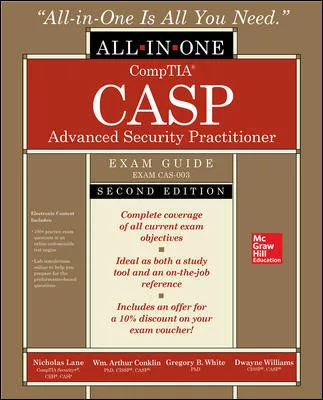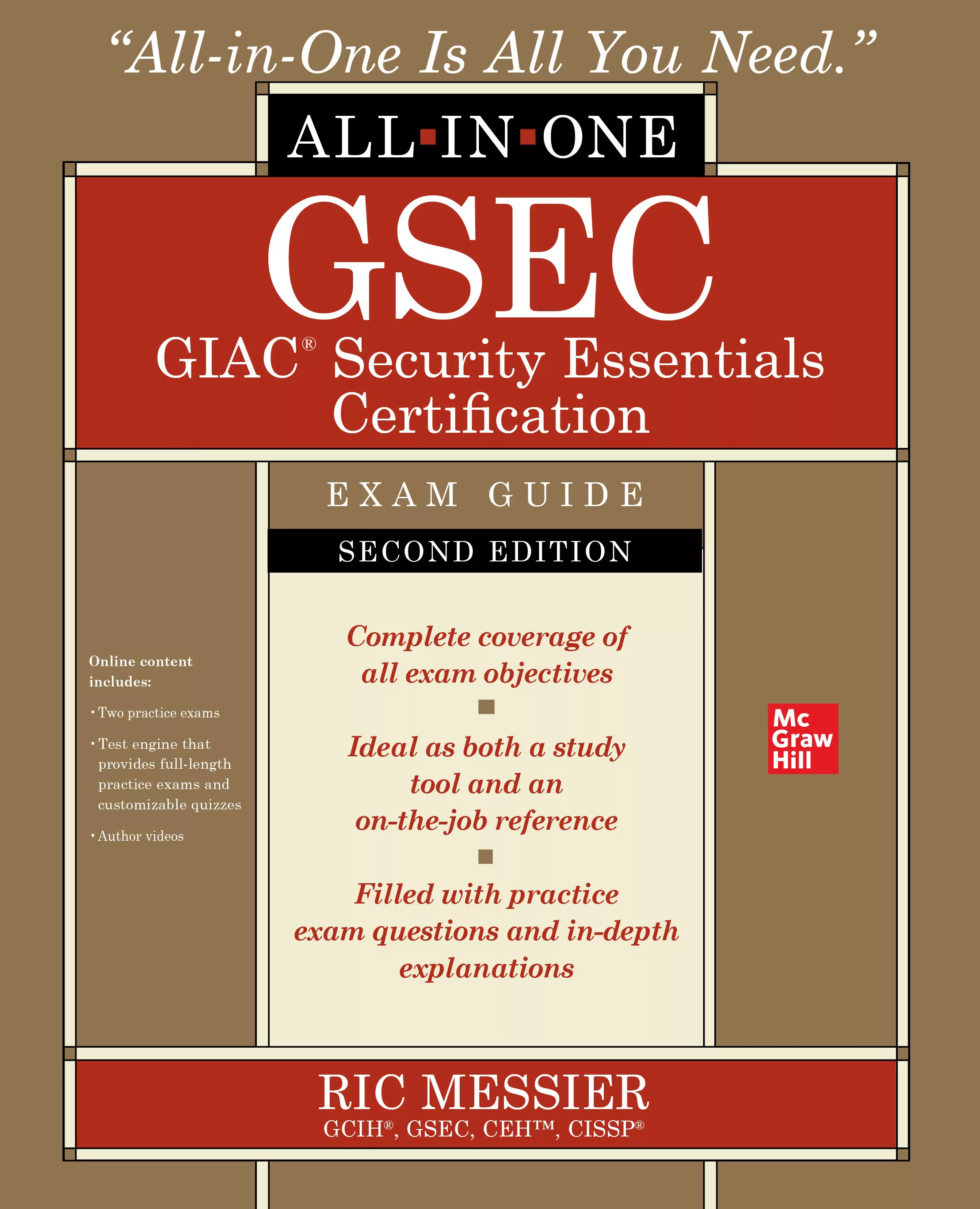The Label Does Not Say It All
As Shakespeare put it, “A rose by any other name would smell as sweet.” In other words, what matters is what something IS, not what it’s called.
In the realm of security certification, no truer words could apply. Just because a program is billed as certification for the security industry does not mean that it will provide the knowledge or skills that are required on the job, nor does it mean that the certification will be recognized or respected in the industry.
There is no doubt that professional development benefits both officers and their companies with higher morale, reduced turnover and associated costs, and even reduced liability. Unfortunately, not all training and certification are created equal. Security executives are faced with a great challenge when selecting the right options for their security force, particularly when the firm they work for has multiple locations, and often even international locations. This is one case where doing some homework to find the right solution really pays off.
DHL assessed numerous security certification programs as part of ongoing education for security personnel. The assessment identified the Certified Protection Officer (CPO) program from the International Foundation for Protection Officers (IFPO).
“The main reason for introducing the CPO program and certification within our organization is to create a competitive advantage through security. Our customers appreciate being able to discuss any security issues with professionals. Professionalism through certification will make DHL their benchmark for security excellence in the express industry. Additionally, we need to provide our security managers with the opportunity for further development and to stay abreast of new technologies and techniques,” Valk said.
Since the introduction of the CPO program, DHL Express Europe has trained and certified more than 100 security professionals by organizing a two day CPO review session followed by an exam training and coaching day.
According to Valk, the average study time is three months. “We have our own Certified Protection Officer Instructors (CPOI). Many of the CPOs are now studying for the Certified in Security Supervision and Management (CSSM) program. It was recognized that the CPO and CSSM program can be seen as a strong foundation for the ASIS Certified Protection Professional designation – a good ‘stepping stone’ theory,” he said. “We have received excellent support and advice over the last few years from the IFPO headquarters in Naples, Florida, and have now established IFPO Europe as part of the substantial expansion of the IFPO programs and activities worldwide.”
Some of the questions to ask when choosing the right training and the right training provider are:
In the realm of security certification, no truer words could apply. Just because a program is billed as certification for the security industry does not mean that it will provide the knowledge or skills that are required on the job, nor does it mean that the certification will be recognized or respected in the industry.
There is no doubt that professional development benefits both officers and their companies with higher morale, reduced turnover and associated costs, and even reduced liability. Unfortunately, not all training and certification are created equal. Security executives are faced with a great challenge when selecting the right options for their security force, particularly when the firm they work for has multiple locations, and often even international locations. This is one case where doing some homework to find the right solution really pays off.
EDUCATION FOR ALL
Jack Valk, security development director for DHL Express Europe, understands those challenges all too well. Security is an integral part of DHL’s service offering, he said. “Our aim is to ensure that employees at all levels of the organization understand that security as such contributes to its success.”DHL assessed numerous security certification programs as part of ongoing education for security personnel. The assessment identified the Certified Protection Officer (CPO) program from the International Foundation for Protection Officers (IFPO).
“The main reason for introducing the CPO program and certification within our organization is to create a competitive advantage through security. Our customers appreciate being able to discuss any security issues with professionals. Professionalism through certification will make DHL their benchmark for security excellence in the express industry. Additionally, we need to provide our security managers with the opportunity for further development and to stay abreast of new technologies and techniques,” Valk said.
Since the introduction of the CPO program, DHL Express Europe has trained and certified more than 100 security professionals by organizing a two day CPO review session followed by an exam training and coaching day.
According to Valk, the average study time is three months. “We have our own Certified Protection Officer Instructors (CPOI). Many of the CPOs are now studying for the Certified in Security Supervision and Management (CSSM) program. It was recognized that the CPO and CSSM program can be seen as a strong foundation for the ASIS Certified Protection Professional designation – a good ‘stepping stone’ theory,” he said. “We have received excellent support and advice over the last few years from the IFPO headquarters in Naples, Florida, and have now established IFPO Europe as part of the substantial expansion of the IFPO programs and activities worldwide.”
Some of the questions to ask when choosing the right training and the right training provider are:
- Is the training cost effective?
- Does the provider keep up with the constant changes we see in the industry and is the training updated accordingly?
- Does the provider do actual research before developing training and ensure testing validity?
- Is the provider well known and respected in the industry?
- Is the certification industry-acknowledged and respected?
- Is the training and certification something that can easily be incorporated as part of your overall training program?
- Is the provider easily accessible to answer questions, offer assistance and give advice?
Looking for a reprint of this article?
From high-res PDFs to custom plaques, order your copy today!





